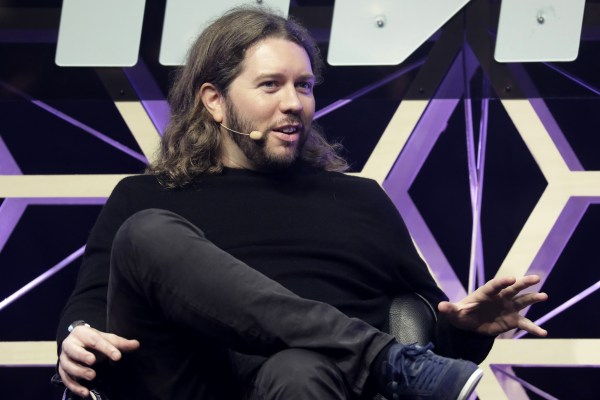Garrett Camp, best known for being a co-founder of Uber and founder of the accelerator/venture fund Expa, is launching his own cryptocurrency.
The currency is called Eco, and Camp wants it to be a digital global currency that can be used as a payment tool around the world for daily-use transactions.
There will be one trillion tokens issued initially, of which 50% will be given away to the first one billion verified humans that sign up. 20% will go to the universities running trusted nodes, 10% will go to advisors, 10% will go to strategic partners, and 10% will go to a newly formed Eco Foundation which will be responsible for creating and maintaining the network. Camp as well as a small number of partners affiliated with Expa will also donate $10M to seed the foundation with an operating budget.
Notably there will be no ICO – which means no money will be raised for the project, and also lets the project avoid any potential legal issues which have now become prevalent with most major ICOs.
Eco’s initial whitepaper explains that it wants to improve on a few main issues common with digital currencies.
First, it wants to use only verified nodes for network support and transaction confirmations, meaning someone anonymous couldn’t run a node and confirm transactions like they could do on bitcoin’s network. While this essentially removes issues of 51% attacks or other acts of fraud, it also means it won’t be truly decentralized.
Second, Eco will have a large token supply (one trillion, at least initially) and simple web and mobile apps. This is likely the project’s attempt to be more user friendly, meaning a smaller dollar to Eco token conversation rate so regular users aren’t scared away by high token prices, which often happens with bitcoin. Similarly, the web and mobile app directive likely means they want to make wallets easily accessible to anyone regardless of technical ability.
The last improvement is that Eco wants to be energy efficient when it comes to transaction verification and token generation, meaning there won’t be a network of electricity-intensive miners supporting the network like some other cryptocurrencies have.

Eco is an admirable concept, but not a novel one. Since the early days of crypto, groups have been “copy and pasting” Bitcoin to create their own digital blockchains, all with slight differences that they think will change the world.
For example, Litecoin and Ethereum both have faster blockchain which have increased transaction times. Both Telegram’s upcoming token and Kik’s Kin token are trying to be mobile-first, daily-use tokens with a high supply and low token price. Ripple already eschews anonymous nodes and instead uses trusted validator nodes run by legitimate groups chosen by them. Ethereum is working on proof of stake to become more energy efficient, and NEO already has a working one in place.
You get the point.
There is currently no lack of existing cryptocurrencies with these improved features. Instead, we suffer from a lack of a developed ecosystem which is needed develop and support real-life everyday use cases for these blockchains. It’s not hard to launch a new cryptocurrency, but it is hard to onboard the hundreds and thousands of service providers, merchants and financial institutions that are needed to make a cryptocurrency actually useful.
Maybe Eco will have better luck with this. And in fact, signing up partners to build an ecosystem is an area where this new cryptocurrency should thrive, considering Garrett Camp’s involvement and high-profile in the tech industry.
Eco hopes to have a test net running by the end of the year, but users can sign up now to claim a username and reserve some tokens.
